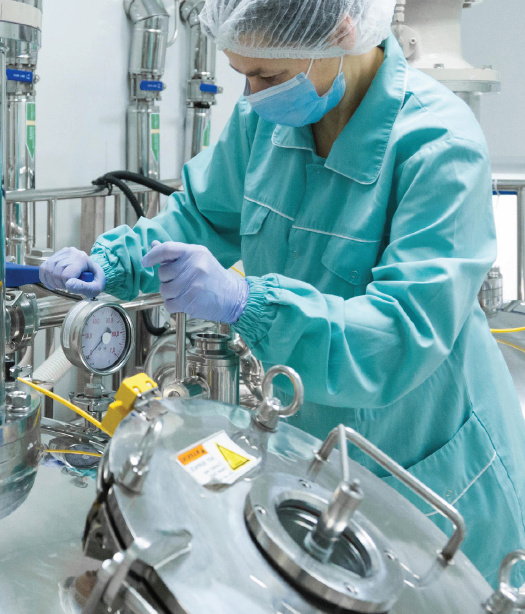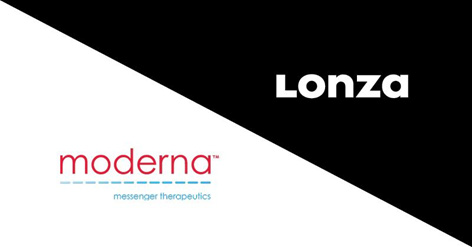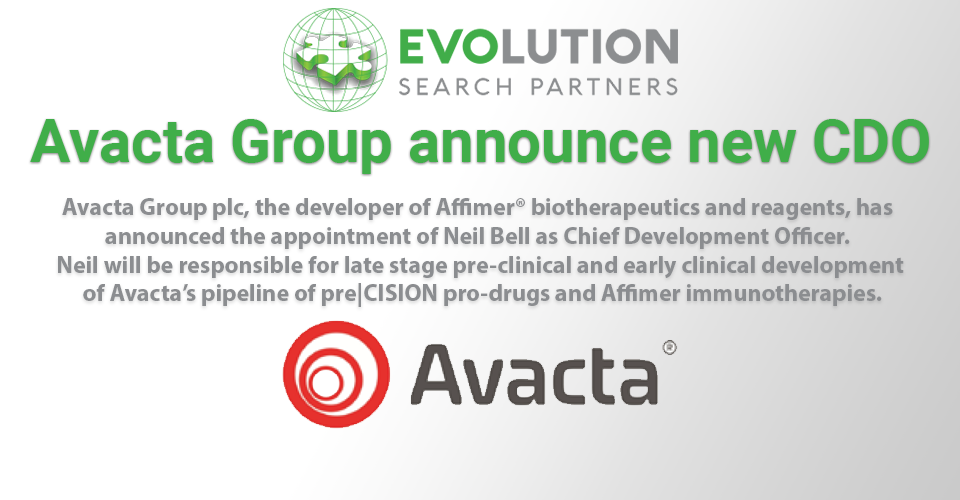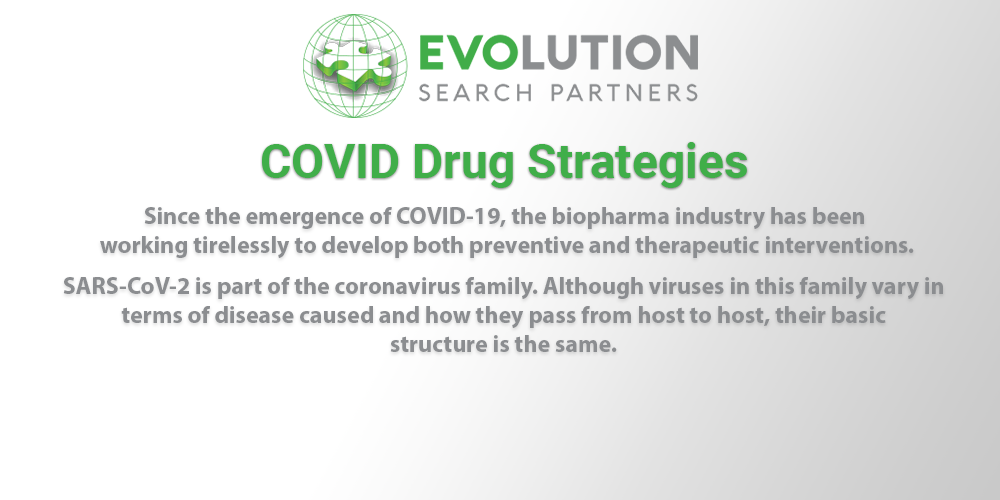
COVID Drug Strategies
June 9, 2020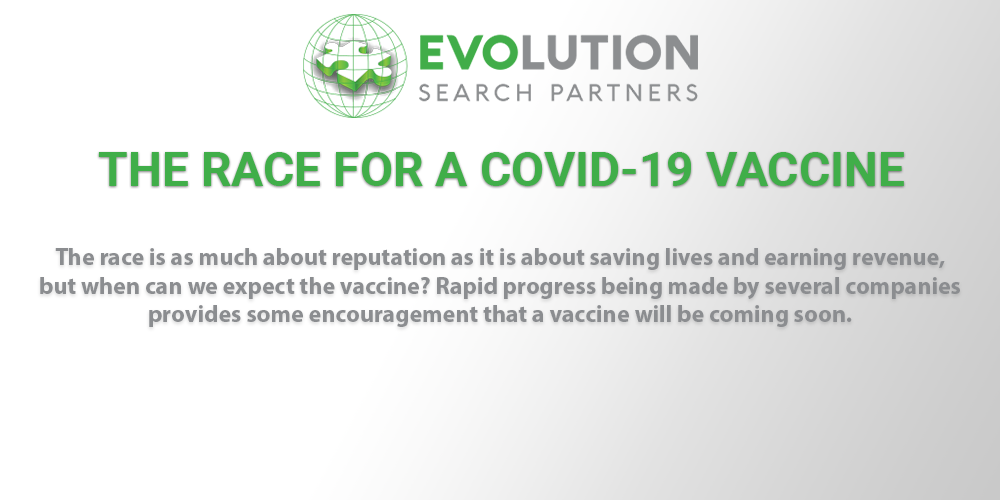
Evolution Insights: The Race for a COVID -19 Vaccine
June 16, 2020Lonza aims to be making vaccine ingredients by July and have production lines ready by November, some 4-6 weeks ahead of plans. In May, they were enlisted by Moderna for a 10-year manufacturing contract and then selected as a finalist alongside companies such as: AstraZeneca, Merck, Pfizer and Johnson & Johnson for 'Operation Warp Speed' - a US initiative to expedite COVID-19 vaccines to the public.
Lonza aims to be making vaccine ingredients by July and have production lines ready by November, some 4-6 weeks ahead of plans. In May, they were enlisted by Moderna for a 10-year manufacturing contract and then selected as a finalist alongside companies such as: AstraZeneca, Merck, Pfizer and Johnson & Johnson for 'Operation Warp Speed' - a US initiative to expedite COVID-19 vaccines to the public.
Last week Moderna’s experimental COVID-19 vaccine entered phase II clinical trial and dosed initial participants in a 600-patient study. The Phase III trial begins in July and includes a study of 30,000. The Fast Track designation and the start of the Phase II trial means that mRNA-1273 may be the first vaccine to be approved and launched for the Covid-19 pandemic, as it is the only vaccine that has received FDA approval to initiate a Phase II trial, therefore placing it ahead of all other candidate Covid-19 vaccines in development.
Challenges:
- Hiring staff to operate production lines.
- Possible equipment shortages.
- mRNA technology has yet to be approved in medicine and is unknown territory.
An mRNA facility has a multitude of advantages including being smaller, cheaper and faster to scale up, in comparison to traditional biological production lines. However, ingredients for an mRNA vaccine are also very specialized, requiring production of mRNA and encapsulation inside lipid nanoparticles for delivery to humans.
Finance
- Lonza is financing the first $60-$70 million commercial production line in Visp.
- Moderna is paying for the first U.S. production line, and up to three more at Lonza facilities in Portsmouth and Visp. Moderna recieved $483 million from the U.S. government and $1 billion in new capital.
Combined capacity could produce ingredients for 600 million to 1 billion vaccine doses annually
Moderna is clearly very confident in its ability to develop a Covid-19 vaccine. However, there is also the issue of getting the vaccine to the public in an efficient manner. Upon finding a vaccine, Moderna would face enormous pressure to produce the vaccine as quickly as possible. Lonza is preparing to mitigate these challenges.
